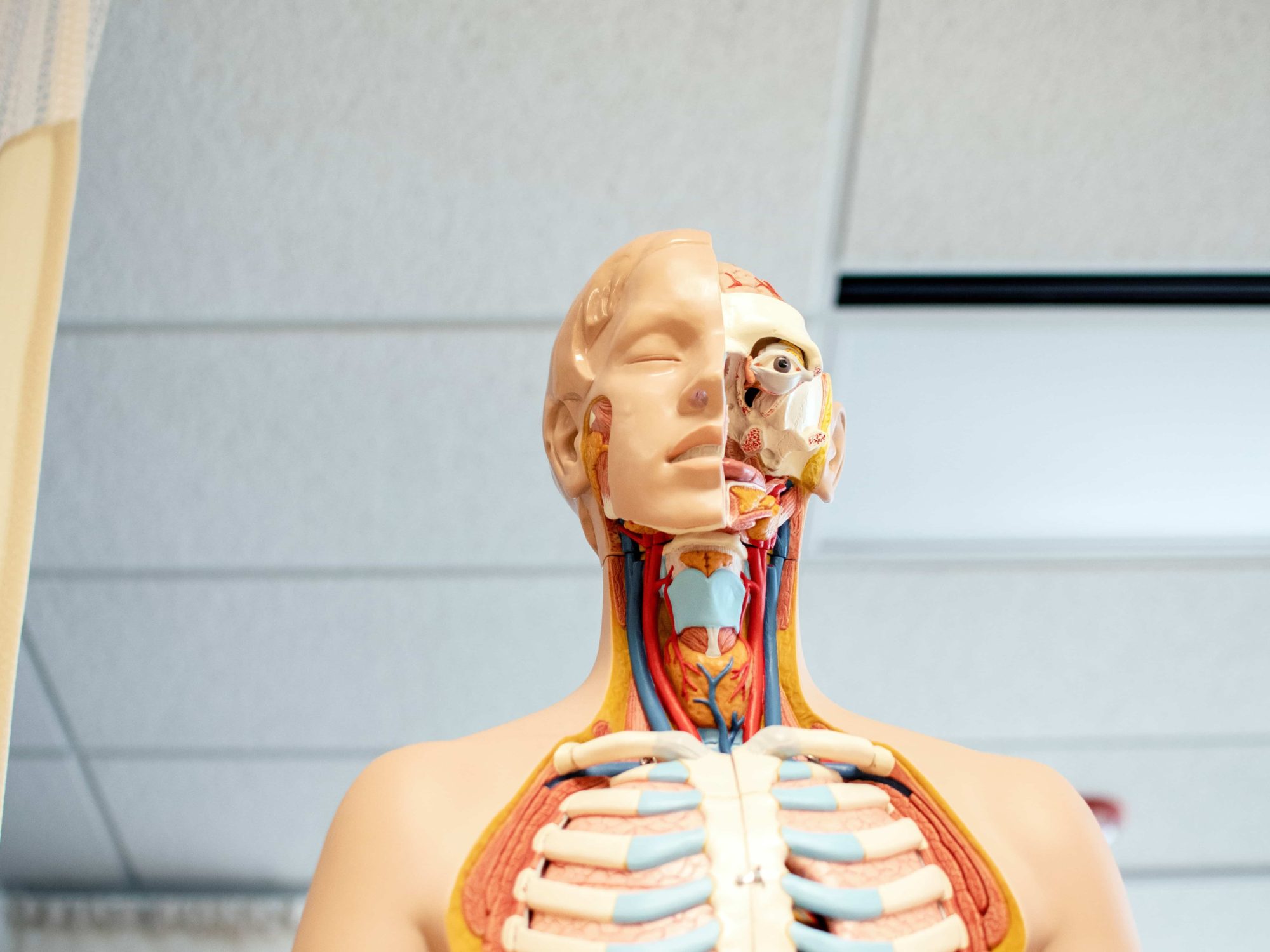The adrenal glands are located on top of the kidneys. They have some fifty functions that integrate with other glands and are regulated by the pituitary.
Adrenalin production is the “fight or flight” hormone. It stimulates heart action, releases glucose, raises the blood pressure and increases the circulation of the blood to the muscles. It relaxes air passages, stimulates breathing and prepares the body for action. In order to do this it must slow down digestive and excretive processes, reducing the blood flow to all areas except the muscles and heart.
The arterial, heart and digestive muscles are involuntary in nature. The adrenal glands secrete hormones which have an effect on these muscles, and they must maintain the muscle tone in the digestive tract to promote normal, healthy peristalsis. The adrenals secrete hormones which control the water and mineral balances, which in turn effect the operations of the muscles.
Dysfunctions: Inflammation is a natural result of the body’s attempt to heal itself. The adrenal glands produce a natural form of cortisone which aids in reducing inflammation. An injection of synthetic cortisone tends to signal the adrenal glands that enough cortisone is in the system. Stress: The adrenal glands help the body to combat stress. Cortisone prevents stress from becoming lethal to living tissue. Cortical hormones and adrenalin are main elements in the body’s fight against fatigue. Fatigue lowers the body’s ability to handle stress, which is defined as injury, infection, environmental factors, psychological strain, etc.)
